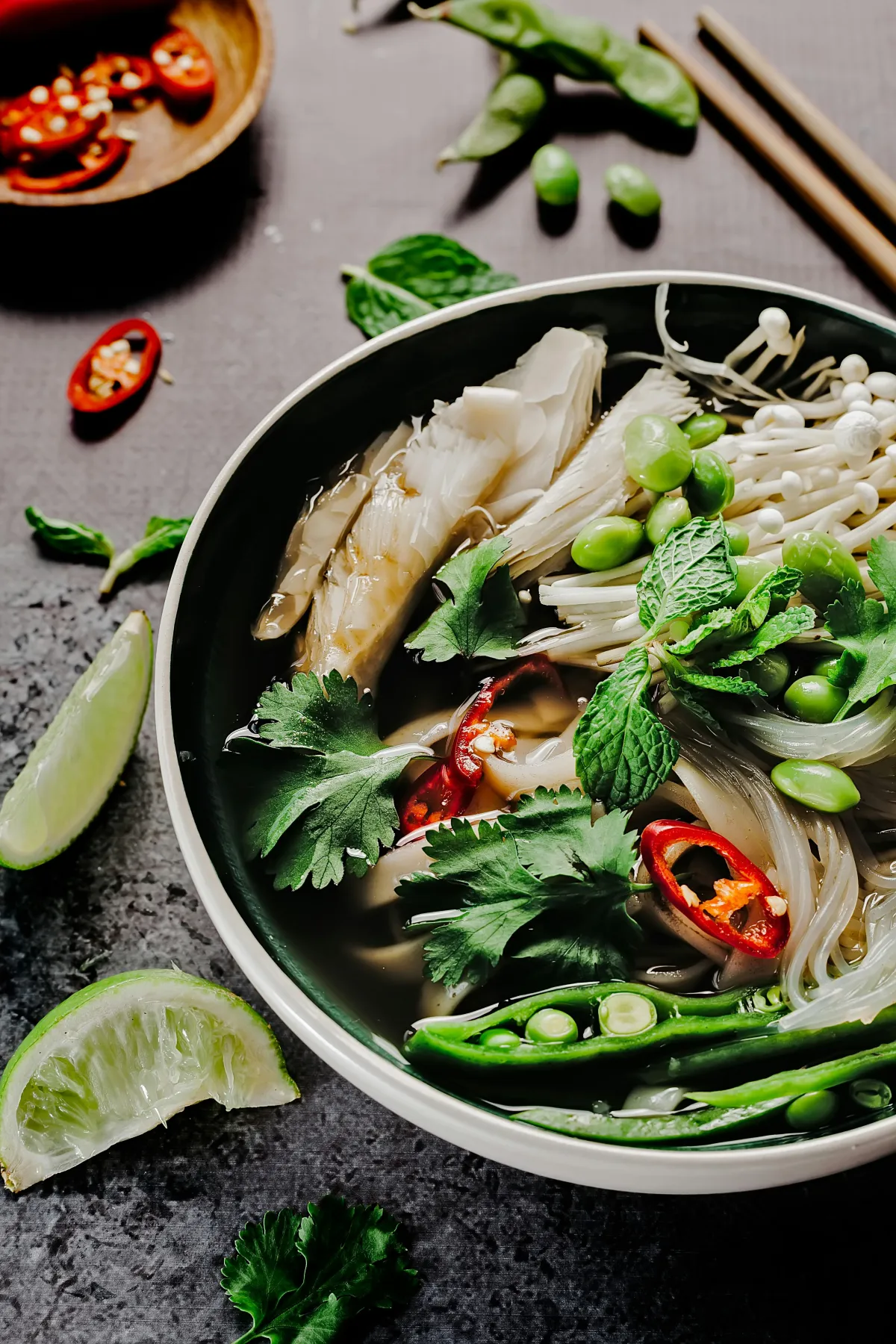Achieve Your Health Goals with Confidence
Join our weight management community and transform your life with expert guidance and proven strategies.


Fitness for everybody


Find Your Perfect Fit
We help women who feel like their body is working against them finally break free from the cycle of restriction, burnout, and frustration. Our approach focuses on healing your nervous system, stabilizing your energy, and making weight loss feel effortless.
Building strong bodies that are made to support you.
Our Expert Coach
Helping you achieve your weight management goals with care, compassion, and respect.
Dr. Jordan
Chiropractor & Wellness Coach
All Available Services
Self Led Nourish & Thrive Program
Unlike traditional programs that rely on restriction and willpower, Nourish & Thrive works with your body—not against it. We focus on:
- Healing your nervous system so your body feels safe to let go of weight
- Building sustainable habits that fit into your life
- Prioritizing whole foods
- Stress-free movement for lasting results
Nourish & Thrive with Group Coaching
Elevate your commitment to the Nourish & Thrive Program by joining a group of like minded
women on 2 group calls per month for Q & A's and support.
With Dr. Jordan
Nourish & Thrive with One on One Coaching
Do you need more support and accountability to reach your goals? Join Dr. Jordan on a weekly call for check ins, Q & A, and support. You will also have support throughout the week directly with Dr. Jordan as well.
With Dr. Jordan
From Our Clients

Something I didn't expect to get from this program is that it's helping me be easier on myself by easing into it and not trying to push myself too hard.

★★★★★
Happy Client

I am so grateful for your program Dr. Jordan, especially now that I can see that it is possible to create a routine that works for me.

★★★★★
Happy Client

I learned a lot about myself in this process, so I thank YOU for that! Learning some new tips and tricks to keep my nervous system in a more stable state has been a valuable part of this journey as well.

★★★★★
Happy Client
Frequently Asked Questions
How do I know which service is right for me?
We recommend starting with a discovery call to assess your goals and needs. Based on this, we can suggest which tier of coaching would be most beneficial for you.
Do you offer personalized diet plans?
We offer dietary recommendations in our one to one coaching program. We also offer weekly menu and shopping lists in our private community!
Do I need a gym membership for this program?
Nope! This program has been designed to be home workout friendly! You'll just need resistance bands! You can also incorporate dumbbells if you want to as well.
What makes this weight loss program different from others?
We start with first focusing on creating habits and routines that support your nervous system to help reduce stress before introducing more physical stress through working out. You also will go through a core and joint strength & stability program to ensure you have a strong foundation before starting the resistance training program!
Why will this program work for me when other's haven't?
Other programs don't address the nervous system before introducing work out programs. With the Nourish & Thrive Method we look at your body as a whole instead of just fat loss. Our goal is to help you create a lifestyle of balance that makes you feel GOOD that you can maintain after you've hit your weight loss goals. And we do this in phases so you aren't changing everything all at once! This yields greater success for our clients.
How fast will I see results?
This varies client to client depending on the lifestyle they create and how much nervous system work they need. But this program was created for gradual weight loss, not a lose weight quick approach, which can lead to yo-yoing and this is something we are trying to avoid!
Follow Us
Legal
Privacy Policy
Terms & Conditions
© Aligned Mentality 2025
All Rights Reserved
